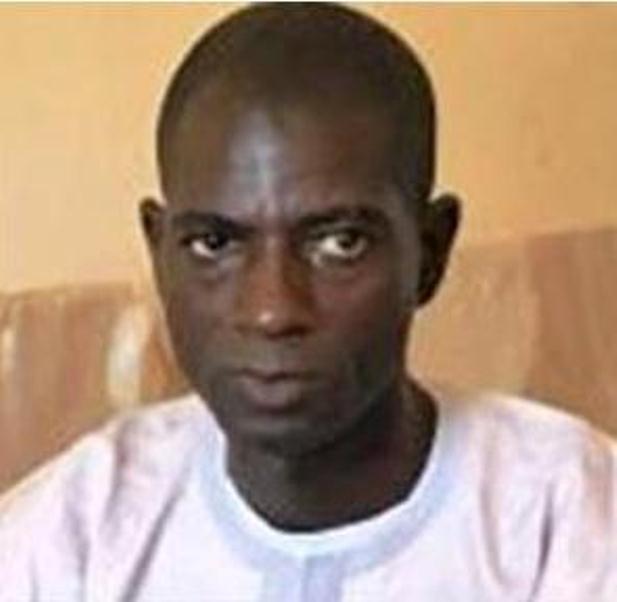By Yankuba Jallow and Kebba Jeffang
The Supreme Court has adjourned the Gambia Press Union’s law suit against government that seeks the decriminalization of false publication and broadcasting, sedition and criminal defamation for judgment in May 2018.
The matter was before a panel of five judges presided over by Chief Justice Hassan B. Jallow on November 22nd. The GPU as plaintiff was represented by Lawyer Hawa Sisay-Sabally whilst Counsel Binga D. appeared for the State.
The union’s lawyer told the court that the Plaintiffs are challenging the Constitutionality of Sections 51, 52, 52A, 53, 54, 59 and 181A of the Criminal Code of The Gambia. These sections criminalise false publication and broadcasting, sedition and criminal defamation.
She relied on the provision of Section 25(1) and other International Laws such as Article 19 of the International Covenant on Civil and Political Rights, Article 9 of African Charter on Human and Peoples’ Rights (ACHPR) as well as the ECOWAS treaty.
According to her, they are seeking for the Court to strike out Sections 51, 52, 52A, 53, 54, 59 and 181A of the Criminal Code from the laws of the Gambia because they criminalise speech. She said such provisions are void. The suit also targets false news created by the amended Information and Communication Act which criminalises online speech.
“The existence and maintenance of those laws will leave the journalist in confusion because they will not know what amounts to sedition, false publication and others,” she said.
She said news must pass the tests of criteria such as ‘legitimate aim, proportionate and necessary’ before its falseness can be determined.
“These laws discourage journalists from carrying out their profession. They will face risk of arrest and imprisonment in carrying out their work. Not only the right of journalists will be restricted by these laws but also that of the readership’s right to receive information and ideas,” she submitted.
Counsel Sisay-Sabally said Section 207 of the Constitution provides for the press and other media to hold the government to account, adding that, this can only be done when the laws are favourable.
She contended that false news is not suitable for objective assessment because what is false to one may not be the same to the other.
“These particular laws were made in excess of the legislative jurisdiction and are unconstitutional and do not deserve to be in our laws” she told the court.
Meanwhile, State Counsel Binga D. said the plaintiffs have filed amended statement of the case dated 27th June 2017. He said the Attorney General has agreed on freedom of expression and speech as anchored in the Constitution and other International laws (Statute). He said the only law they are contesting is Section 181A of the Criminal Code which talks about false publication and broadcasting.
“Section 181A of the Criminal Code is in accordance with the restrictions itemised in Section 25(4). False news has catastrophic effects. Before a journalist writes news, he/she must be sure about the news before writing,” he said.
He said Plaintiffs’ lawyer has failed to prove that Section 181A is excessive. He said false news poses threat to national security, public order and decency or morality and the coming up of such laws is to safeguard national security among others.
“The restrictions in Section 181A of the Criminal Code, is Constitutional because it is in accordance with Section 25(4) of the Constitution” he said.
Counsel said the restriction of false news does not make it in itself a strict liability offence because journalists have the right to defend and also to prove themselves in their cases.
The laws that are being challenged include the following provision on sedition: Section 51 which deals with Intention to Sedition, 52 which deals with Offences, 52A deals with powers to confiscate printing machines, 53 deals with the legal proceedings, 54 deals with evidences necessary for conviction, 59 deals with publication of false news with intent to cause fear and alarm to the public and 181A deals with false publication and broadcasting.
The judgment will be delivered in May 2018.




















